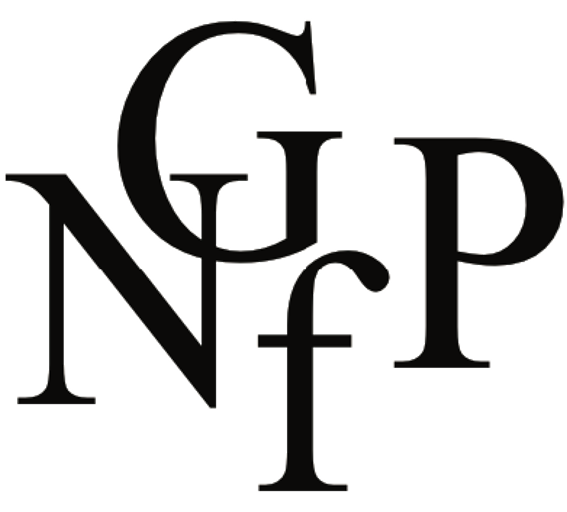Journal für Psychologie Call for Papers Special Issue »Polyamory«, edited by Peter Mattes & Martin Dege
The media serving the erotic industry as well as the discourses of intellectual European and North-American urbanity have recently witnessed a type of lifestyle of lived eroticism which is termed, still somewhat awkwardly, Polyamory. This concept denotes an understanding of relationship »which enables sexual and/or love relationships with several partners simultaneously« based on the »precondition […], that all participants know about and support the non-monogamous character of the relationship« (Klesse 2007, p. 315). While many deride this lifestyle as a well-known practice of a however barely legitimized gay life, which has always already dwelled in the nooks of our culture to a larger or lesser degree, others experience it differently and view it as an extension of possibilities guiding the practices of desires.
The Journal für Psychologie will dedicate a special issue to this topic.
We are primarily interested in descriptive accounts—including practices of everyday life—, historical and anthropological accounts as well as social empirical investigations of the phenomenon ›polyamory‹. We hope that these accounts will be helpful to our, in this respect probably not sufficiently informed, readership.
Queer-theorists claim polyamory as a practice of deconstruction of heteronormativity. And at this point we believe it becomes interesting for us as scientists of the social sciences and the humanities:
If we want to understand performances of desire with Foucault as governed within an episteme, as »a decisively heterogeneous ensemble, which includes discourses, institutions, architecture, regimented decisions, laws, administrative actions, scientific statements, philosophical, moral, or philanthropic theorems« (Foucault 1978, S. 119f.)*, then the analysis and investigation of such a phenomenon could provide us with multiple insights into the discursive structure of our (scientific) disciplines, as constituted by sexuality, interpersonal relationships, social and cultural institutional practices. It could be asked, for example,
- if and to what extent the dyadic basic assumption of psychoanalysis and other social psychological theories demands generality,
- whether relational psychologies dominated by the concept of monogamous partnerships are justified in various therapeutic and consulting practices
- whether there exist exclusions, one-dimensional bipolarities of presupposed anthropological and psychological models
- to what extent there are power dynamics in a bio-psychosocial discourse which dominate a large degree of our everyday life—and possibly also helps to engender its particularities
- if and to what extent these dyadic presuppositions remain unquestioned politically and socially, and whether they have a significant impact on the coordination, organization and (optimization of) efficiency of a society, its norms, values and political opinions
We are, of course, also open to contributions beyond the suggestions above. All articles will be evaluated in a peer review process.
The editors of this issue are Peter Mattes (Berlin/Vienna) and Martin Dege (New Haven).
Abstracts should be sent to petermattes@aol.com and mdege@clarku.edu. The deadline is February 15, 2013.
Feedback about your abstract will be provided until the end of February. The final version of your contribution should be submitted by June 30, 2013. The review process will be completed until August 31, 2013 and the special issue will be published in February 2014.
The Journal für Psychologie always welcomes contributions beyond our special issues. These should be submitted to redaktion@journal-fuer–psychologie.de
References:
Foucault, Michel (1978): Dispositive der Macht. Über Sexualität, Wissen und Wahrheit. Berlin (Merve)
Klesse, Christian (2007): Polyamory – Von dem Versprechen, viele zu lieben. Zeitschrift für Sexualforschung 20 (4) , 316–330
